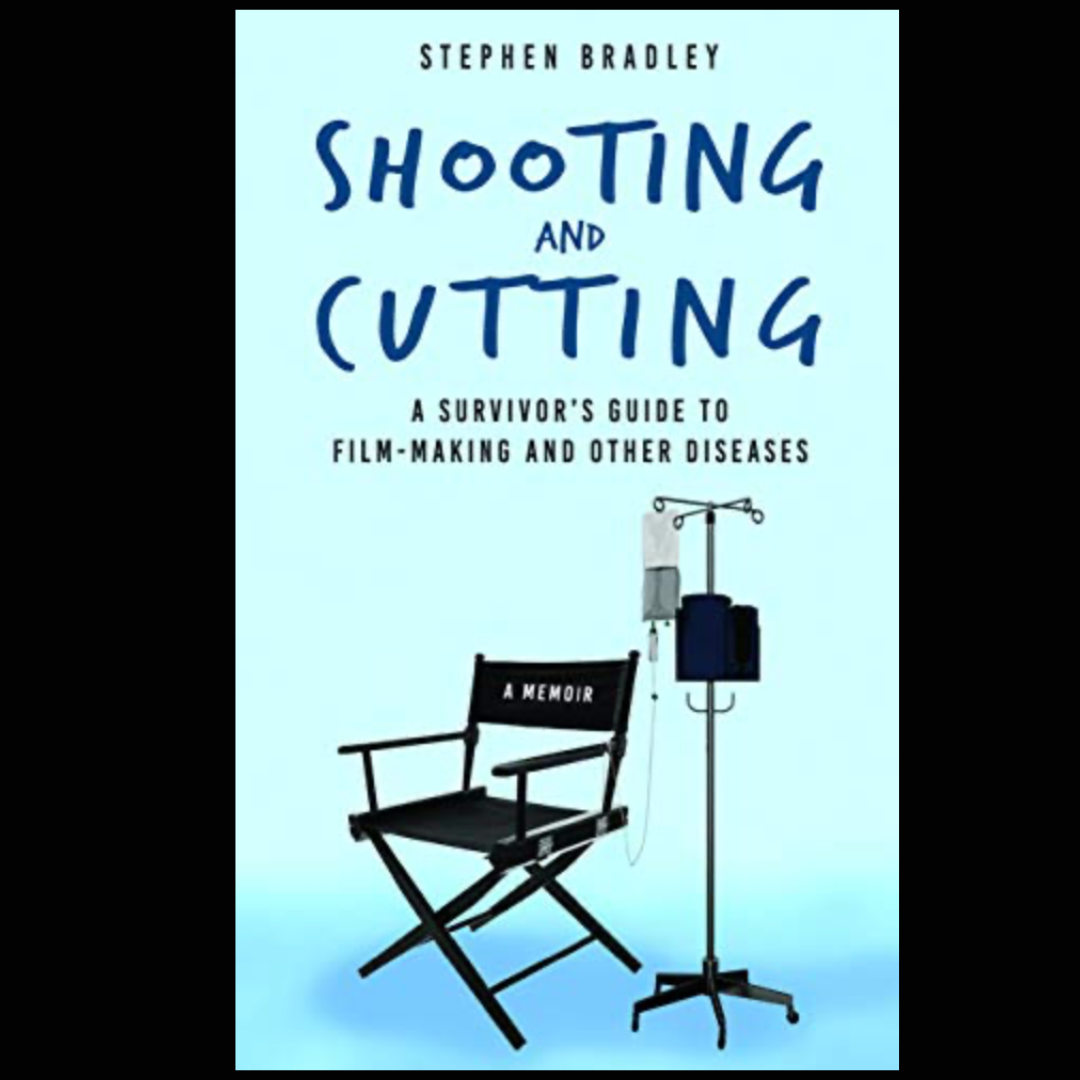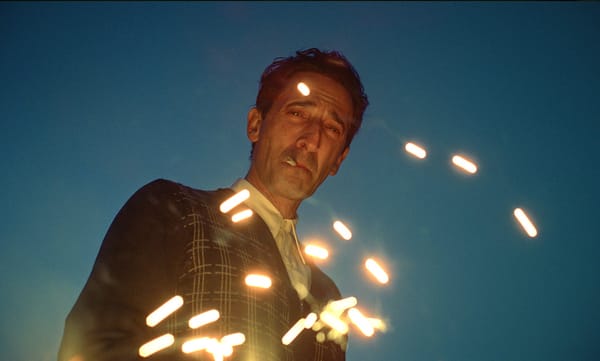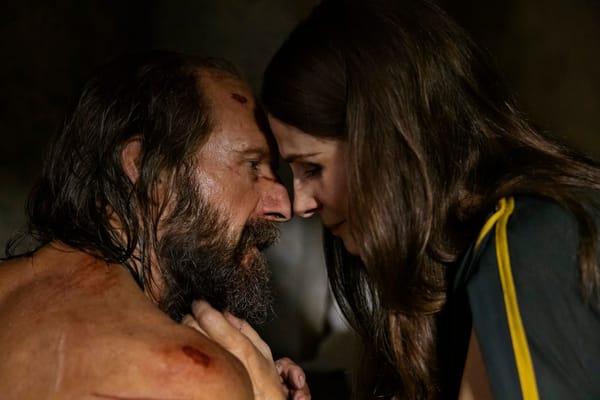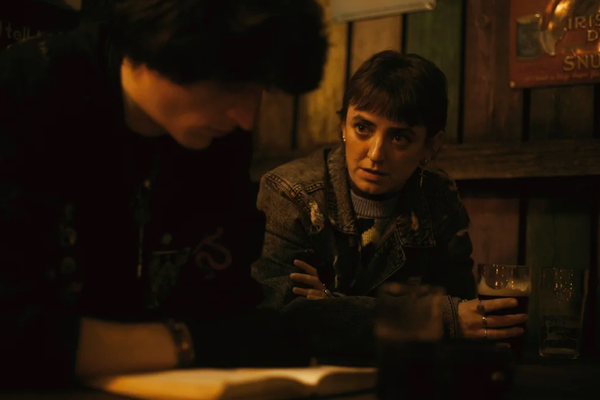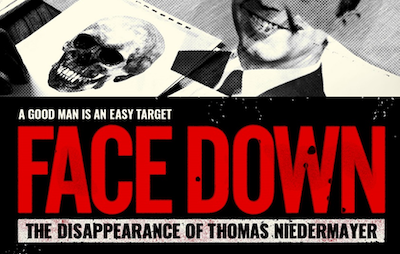In 2016, filmmaker Stephen Bradley was confronted with the news that he had stage IV cancer, the grimmest of grim prognoses. His beloved sister Fiona had passed away in 2002 from the disease and now he too was forced to come to terms with his own mortality.
Monday, 18th May 2016, opens with Stephen Bradley crossing the road in front of his Victorian house and idly mulling over an ‘unexceptional’ tracking shot, as he puts it. Less than three weeks earlier, Bradley had been living in London with his wife, comedian Deirdre O’Kane, alongside children Holly, aged eleven, and Daniel, aged seven. The family had made London their base for ten years, but now it was time to come home to Ireland. Noting that they were unable to afford the huge monthly rent on their new abode, Bradley and O’Kane nonetheless decided to perform their own take on ‘carpe diem’ by returning to their native country. Justifying the speed of the move, Bradley and O’Kane desired above all to provide their children with a sound education and, when their son and daughter gained entry to a prestigious local school, they felt it was an auspicious sign to take the plunge.
In the weeks during the precipitous relocation, Bradley notes that he wasn’t feeling well and friends commented on how he appeared to be struggling somewhat. He says that he put any sense of malaise down to stressful times and trying to come to terms with a new way of living, a life that would have been familiar prior to relocating to London but had subtly altered during those years. With an increased sense of foreboding, Stephen goes to see his doctor and announces the symptoms that prompted him to take the step of visiting. He gives the doctor a select, and what he considers to be a highly amusing, account of his family’s ‘international transfer’. Making polite conversation, the doctor clucks and pauses. Prodding and poking ensue. Finally, after taking Bradley’s temperature and finding it to be 102, which is high, Dr McSwiney announces that Stephen’s liver appears to be swollen and that he needs to go to the Accident and Emergency Department. Like now. Bradley says that, at that juncture, he realised the body he had assumed would never let him down was now undertaking a possibly sinister change, one that Stephen could not have foreseen nor did he have any control over. Bradley dismisses the thoughts, declaring himself to be a ‘catastrophic thinker’ and stating with total insouciance: ‘everything will be fine’.
In the taxi on his way to the hospital, Stephen rings his sister Suzie, who serendipitously works less than a five-minute walk away. Suzie explains that she will call in to see him after tests have been completed. He is advised that he will need to spend the night in the hospital. The following morning, a gastroenterologist enters the room.
Bradley is hit by numerous questions, all relating to his swollen liver. Does he drink? How much? How often? Spirits or beer or wine? Stephen convinces himself that the entire episode can be laid at the door of severe alcohol abuse and hilariously sets about confessing all, only to be severely admonished by his wife, Deirdre, who tells him that he is not a heavy drinker by any means. The team of doctors who will be working on his case finally convene and give Stephen the news: he has primary bowel cancer and there is a secondary tumour in his liver. Despite the devastating news, Bradley is told that this type of cancer is curable. Deirdre, Stephen’s wife, makes two statements: firstly, he will be cured; secondly, he needs to believe it himself. As Stephen says, ‘that part is up to me’.
It is rare that a book on the overwhelming diagnosis of cancer can be so thoroughly uplifting. Stephen Bradley has crafted a mesmerising story, one of highs followed by shattering lows. Amazingly, he is upbeat and very funny. The wry asides are relentless and tempered with an engaging take on a wide range of human behaviour. Rather than shying away from the looming spectre, Bradley runs to embrace it, listing in finite detail his hopes and fears.
Shooting and Cutting is one of those immensely readable books and one was impossible to put down. Filled to the brim with affection, happiness, and above all, the unwavering mantra of hope.
Shooting and Cutting: A Survivor’s Guide to Filmmaking and Other Diseases is available to buy now.

